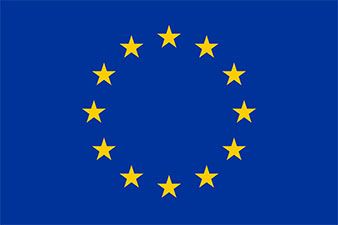EU Infopoint Newsletter - Human Trafficking Special Issue 30
|
|

This website is funded by the European Union. Its contents are the sole responsibility of GOPA PACE and do not necessarily reflect the views of the European Union.